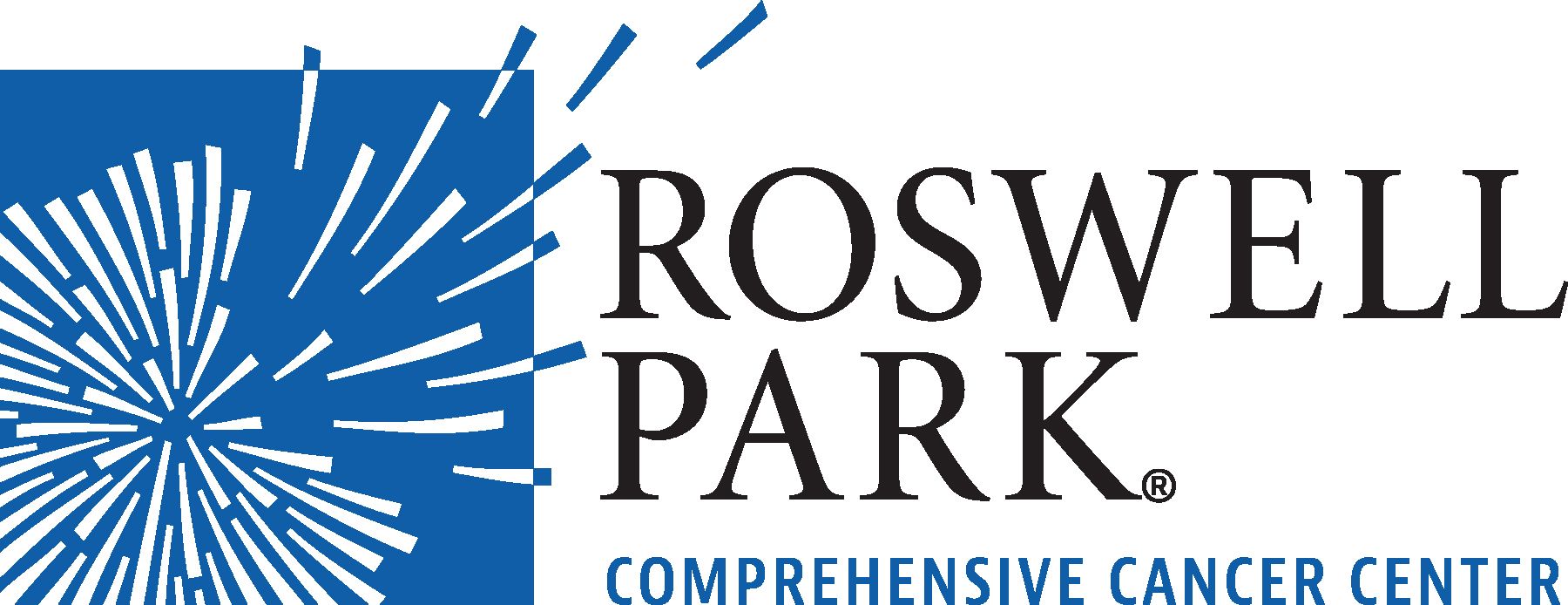
- Vol. 17/No. 13
- Volume 17
- Issue 13
Discussing Palliative Care Plans Earlier Improves Quality of Life

A team of researchers take a retrospective look at the patterns of how, when, and to whom palliative options are presented to patients with metastatic breast cancer, as an approach for gaining insight on how to improve care for patients with late-stage, terminal cancers.
Tracey L. O’Connor, MD
Associate Professor
Department of Medicine
Today’s treatment paradigms for patientcentered care suggest numerous opportunities for improving cancer care by enlisting patients in treatment decision making. But the goal of delivering appropriate, compassionate, individually tailored care can be especially complex and elusive for teams that care for cancer patients at the end of life. Among other challenges, conversations about hospice services and palliative care typically don’t start soon enough, and advanced directives that might have alerted care teams to a patient’s personal preferences and decisions are often not in place.
What the Research Tells Us About Palliative Care
Patients with metastatic breast cancer are a unique patient group. The expected course of metastatic breast cancer can be challenging to predict, and can sometimes span many years.
Although cure remains impossible for most patients with metastatic breast cancer, the average survival of a patient is between 2 and 3 years, with around 25% of patients surviving 5 years or longer.1 Although survival rates are expected to improve further as novel and targeted treatment options continue to be developed and translated to the clinic,2 choices of cancer therapy at the end of life are increasingly complex, making timely and appropriate referrals to hospice challenging. A previous study of women with advanced breast cancer found that 41% of patients were enrolled within 14 days of death.3 Late or absent hospice referrals can make meaningful improvement in symptoms and quality of life difficult to achieve.
Research conducted at Roswell Park Cancer Institute in Buffalo, NY, in collaboration with colleagues from The Center for Hospice & Palliative Care in Cheektowaga, NY, found that one-third of patients with metastatic breast cancer died without a hospice referral, while those referred to hospice were significantly more likely to have an advance directive and to die at home.4 Patients with a longer duration of metastatic disease were at risk for late referral to hospice services.
Our retrospective database review identified 182 patients who were eligible for services through a local not-for-profit hospice program, and who later died from breast cancer. We found important differences in outcomes between patients who had end-of life (EOL) discussions with the oncology team and those who did not. Patients who did not have an EOL discussion with their oncology providers were significantly more likely to die in an acute-care setting and significantly less likely to have an advance directive. Patients whose providers engaged in EOL discussions were significantly more likely to die at home. This finding is particularly important, as previous work has determined that most Americans (70%) wish to die at home, although only one-third did so in 2009.5
What Can Oncologists Do?
Importantly, all of the patients subsequently enrolled in hospice had a documented discussion about palliative-care options with their oncology team, demonstrating the influence that oncologist-initiated discussion has on subsequent patient care.At Roswell Park, we are now working to implement the findings of this research—not only as part of our Breast Service but through a comprehensive, institute-wide program.
National guidelines recommend that discussions about EOL care occur soon after diagnosis for patients with incurable cancer. Having these discussions early in the disease course for patients with metastatic breast cancer, in particular, can help inform the physician of the patient’s preferences. These discussions also set the stage for articulating wishes in the form of an advanced directive, and can provide more meaningful framework for talks about further therapeutic options and the expected and realistic goals of treatment.
As oncologists, it is incumbent upon us to ensure that our patients receive compassionate, appropriate care that is truly in keeping with their values and wishes. Efforts to enhance EOL discussions and earlier referral to palliative care and hospice for patients are critical to improved patient care and quality of life.
References
- American Cancer Society. Breast cancer survival rates, by stage. http://www.cancer.org/cancer/breastcancer/detailedguide/ breast-cancer-survival-by-stage. Updated May 4, 2016. Accessed June 20, 2016.
- Gaertner J, Wuerstlein R, Ostgathe C, et al. Facilitating early integration of palliative care into breast cancer therapy. Promoting disease-specific guidelines. Breast Care (Basel) 2011;6(3):240—244.
- Keating NL, Landrum MB, Guadagnoli E, et al. Care in the months before death and hospice enrollment among older women with advanced breast cancer. J Gen Intern Med. 2008;23(1):11—18.
- O’Connor T, Ngamphaiboon N, Groman A, et al. Hospice utilization and end-of-life care in metastatic breast cancer patients at a comprehensive cancer center. J Palliat Med. 2015;18(1):50—55.
- Advance directives and advance care planning: report to Congress. US Department of Health and Human Services. http://aspe.hhs.gov/ daltcp/reports/2008/ADCongRpt.pdf. Published August 1, 2008. Accessed June 20, 2016.
The good news is that these stark realities highlight a number of interventions that can help oncologists to improve the quality of life of their patients, including those who are nearing the end of life. I was part of a team that took a retrospective look at the patterns of how, when, and to whom palliative options were presented to patients with metastatic breast cancer, as an approach for gaining insight on how to improve care for patients with late-stage, terminal cancers.
Articles in this issue
over 9 years ago
Big Data Era Arrives in Clinical Practice Via CancerLinQ Projectover 9 years ago
No Time to Restover 9 years ago
Personalized Strategies Vital in Thyroid Cancer Careover 9 years ago
Silence on Ovarian Cancer Trial Debacle Is Dishearteningover 9 years ago
Molecular Targets Remain Elusive in Most Sarcomasover 9 years ago
A Genomic Strategy for Each Patient? Sarcomas Are That Complex



































